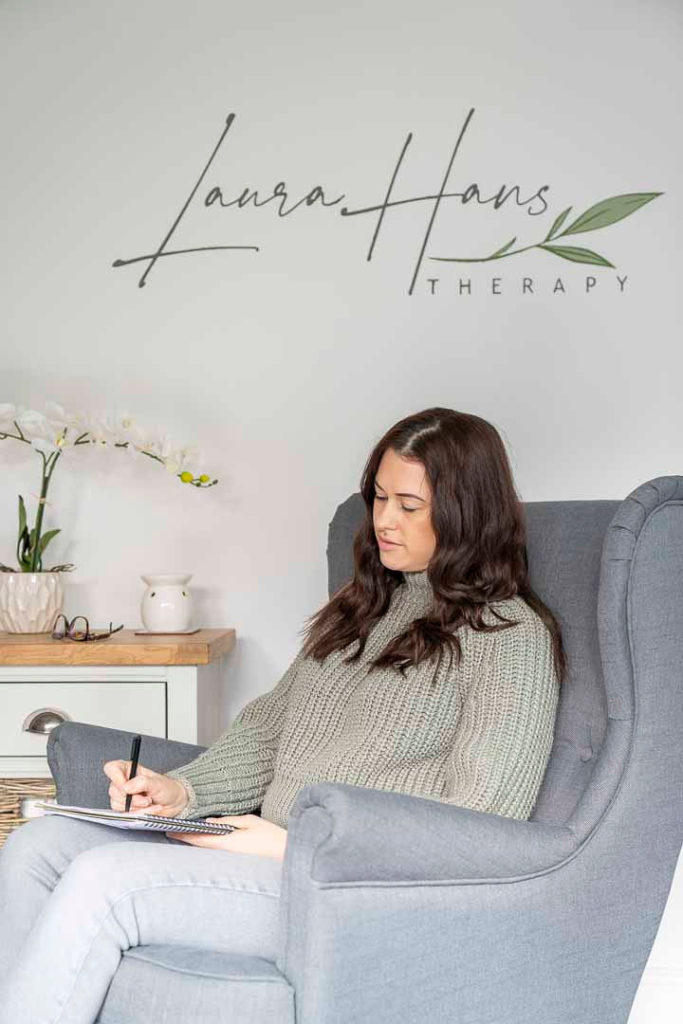Therapy is an investment, both financially and in terms of your time and energy. If you’re feeling low or experiencing a crisis of some kind, there’s likely to be a lot riding on your investment too. Everyone wants therapy to work. They want to reach a point where they feel better, or at least more able to cope with the challenges they’re facing. As your therapist, I want the same outcome. In this article, I’m sharing a few things you can do to ensure you get the most out of therapy.
Motivation and Consistency
Mindset plays a key role in the therapy process. Try to remain open to the experience and be motivated to work hard on yourself.
I always encourage clients to have regular, consistent appointments. This isn’t always easy, especially if you have a young family and other responsibilities, but therapy will be more effective if you’re able to engage with it consistently.
Come Prepared
There are several practical things you can do to maximise the impact of each therapy session. I strongly recommend bringing a notebook, phone or iPad so you can take notes. It’s impossible for you to remember everything we cover, so I’d suggest writing the important stuff down.
If we’re working on overwhelming material, you are also welcome to bring things to your appointment that will help ground and comfort you. For example, a warm blanket, essential oils, or a stress ball. I always have oils in the room, but I’m happy for you to bring your own to create a more personalised experience.
Don’t be afraid to ask for other sensory additions like music or soft lighting. I’ll always do my best to make them happen because it’s important you feel at ease throughout the therapy process. I once had a client ask for some classical guitar music to be played in the background while he worked through some stressful experiences.
If you’re bringing your baby, I hope it goes without saying that you’re free to bring whatever you need for them to be fed and/or entertained during our appointments.
After Your Session
After therapy, especially EMDR, lots of rest and self care is required to ground and soothe yourself back to the present. I recommend going for a short walk after your appointment or waiting in the car for at least 30 minutes to ensure you are fully present before driving home.
Between sessions, it’s important to do your homework. I know it feels like being at school, but the transformative power of therapy has a lot to do with how much time you spend practicing the things you’re learning.
Finally, don’t be afraid to give constructive feedback to your therapist. Often, people are too polite, but if your therapist unknowingly triggers you, you should feel safe and comfortable enough to let them know. If your therapist doesn’t take your feedback on board, this is a red flag. Therapists should always be open and receptive to feedback.
Find Out More
If you’re interested in working with me, you can book a free consultation here. I also share lots of tips and advice via Instagram.
